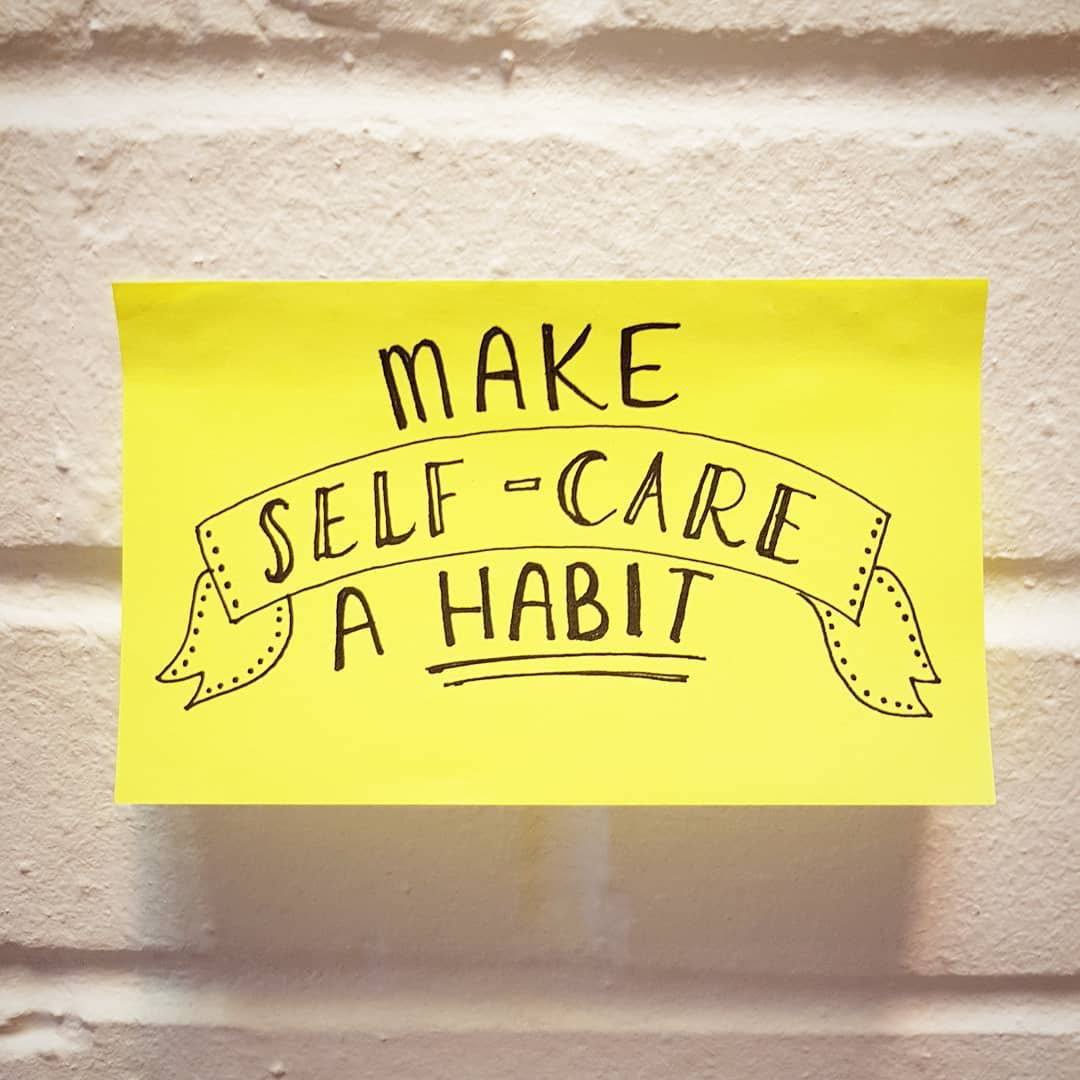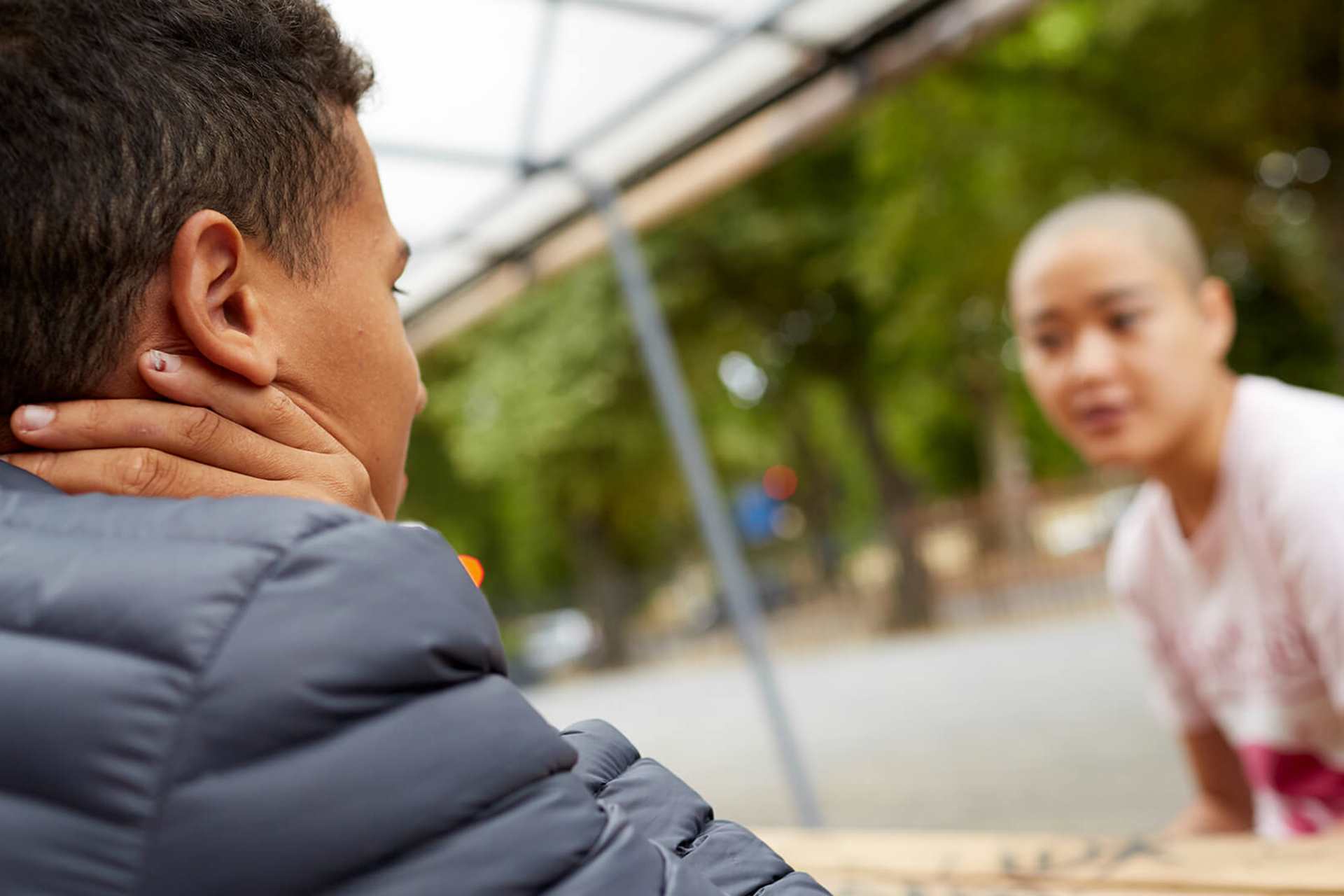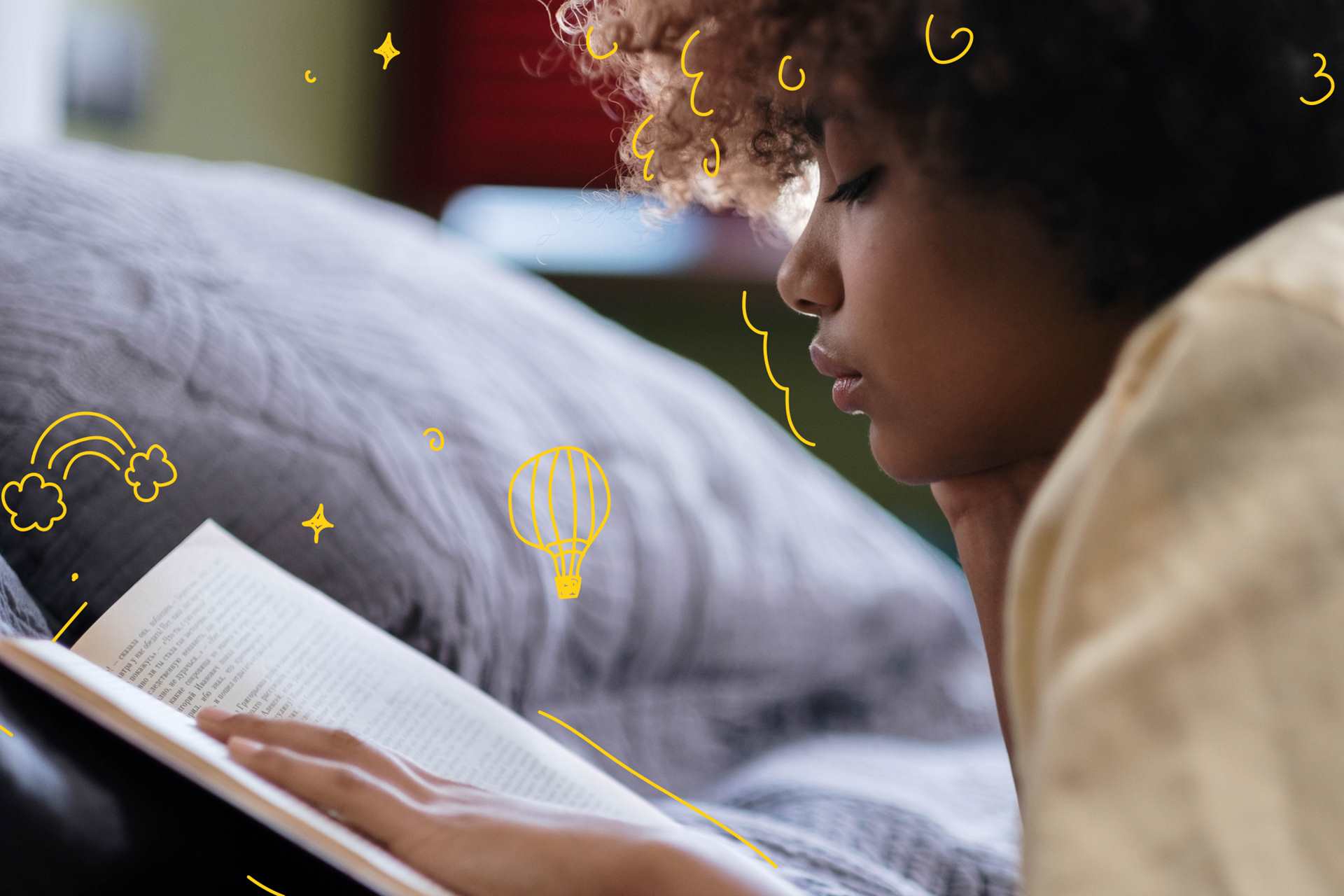This is a box you can make that contains things that ground you.
Over the past few years I have struggled with feelings of anxiety and panic. A couple of years ago I was introduced by a mental health professional to the idea of a self-soothe box.
This is a box you can make that contains things that ground you, make you feel more relaxed and reduce symptoms of panic, anxiety or low mood. I loved the sound of it and made one immediately. It’s a tool I still turn to frequently.
If you find yourself struggling with similar feelings, then I would really recommend putting together a self-soothe box.
What should be in my self-soothe box?
It's recommended to have a range of sensory things and something to focus your mind on. You could include something to smell, something to touch, something to look at and maybe even something to taste.
You can change yours depending on your preference. I often take a miniature, more travel-friendly version when going on holiday also, which I would recommend if you find travelling stressful or anxiety-provoking.
For some inspiration, below are some of the things I have included in my self-soothe box:
Include something that you can touch. This serves as a good distraction for your hands. Playdough, fidget cubes or spinners, and stress balls are great for this. They’re satisfying to touch, and easy to put force into and relieve some stress. It can encourage your muscles to relax, which is what many methods to reduce anxiety involve.
I always keep a few photos of people or places that have only positive memories attached to them. This acts as a reminder that my life is made up of different elements – not just the mindset that I find myself in at that specific time. It reminds me that there are people who I can turn to and also that new opportunities await.
It reminds me that there are people who I can turn to and also that new opportunities await.
If you don’t have pictures, you could keep a nostalgic item that encourages a similar thought process. In my box is a book that I wrote when I was four years old, filled with accounts of my favourite things and days out with friends and family. It's a really nice way to remind yourself how far you have come and how far you are capable of going.
Recognising the simplicity of growing older and progressing can help to reduce the pressure to constantly achieve and improve, which often helps with the initial feelings of anxiety or panic.
This can be personalised depending on what scents you prefer. A few of the typical ones include:
- Peppermint for grounding.
- Lavender for relaxation.
- Rose for tranquillity.
I always keep a bottle of essential oil as it is a strong, concentrated scent; you can put a few drops on your clothing, stress ball or playdough. Another great item is a candle. The scent of a candle is perfect to focus your senses on and has the ability to make you feel much more present.
If you can't have candles in your home, room sprays or essential oils work in a similar way. If you try to keep the scent fairly simple and consistent, you can end up associating this scent with relaxing, which increases its effectiveness.
I find that music alone can have a really positive affect on my emotional wellbeing. I keep a little wind-up music box in my kit. It’s a really simple way to play music that doesn’t require access to a phone or laptop.
Of course, it's advised to pick music that is calming and has a solid beat to help you breathe slowly and steadily. Slowing your breathing to a steady pace can help you relax if you are feeling stressed.
Alternatively keeping some earphones and making an easy-to-access, calming playlist on your phone is a nice, easy way of finding music to listen to.
Pick music that is calming and has a solid beat to help you breathe slowly and steadily.
Drinking water can be such a vital way of reducing symptoms of panic. Not only is it important to stay hydrated, but the regular sipping is a good way to keep a steady rhythm to your breathing.
I also find it keeps you fresh-minded, and the coolness of water can often give you something to focus on and have a grounding effect. I keep a cup or water-bottle in my self-soothe box, which acts as a gentle reminder to keep drinking.
In my box is a postcard with some steady breathing techniques written on it. It acts as a reminder to keep calm and focused. There are a variety of techniques available. Once you find one that works particularly well for you, write it down as a card to remind you.
I also have some muscle relaxation exercises written down on other postcards. The NHS website has a few breathing exercises for stress which can be used for anxious thinking and panic also.
This is entirely personal to each individual. I made up a load of little cards and wrote down my favourite uplifting quotes from films, books, poets and accounts that I follow on Pinterest and Instagram. Some people like to read their positive affirmations out loud to themselves.
I also keep letters and postcards that I have received from friends, family and teachers. Being able to see your positive attributes written down in physical form from the perspective of others can be really reassuring.
This is particularly helpful if you are prone to feeling strong emotions around attachment and detachment of loved ones when struggling.
I also keep letters and postcards that I have received from friends, family and teachers.
Having an activity to complete can really help you self-soothe. Reading and colouring in are the more obvious options and both of these work for me. You can find plenty of inexpensive beautiful colouring books, pretty much anywhere nowadays - The Works, Amazon and Waterstones all have a good variety to choose from. You can also find a lot of printable colouring sheets online. I keep some colouring pencils and a pad to fill in.

Instagram artwork by @youngmindsuk. A yellow post it note sits on a white wall with a hand written note of 'make self-care a habit'.
Colouring is a very simple task and having something beautiful that you made can feel very rewarding. You might like to write about how you are feeling, or try some creative writing or poetry; for that you can include a pen and notepad. I also keep a book that is an easy, light read.
I would recommend avoiding books that could be potentially triggering, particularly if you are in a vulnerable mindset. However, this can vary from person to person. I know for some people, emotionally dense poetry or literature can help reduce feelings of loneliness or isolation. Other activities can include:
- word searches
- word games
- sudoku
- knitting
- crocheting
- collaging
- games on your phone
What do our Activists have in their self-soothe boxes?
More information and advice
We have tips and advice to help you find the support you need. Take a look at our guides.
Where to get help
-
Shout
Text SHOUT to 85258.
Shout provides free, 24/7 text support for young people across the UK experiencing a mental health crisis.
All texts are answered by trained volunteers, with support from experienced clinical supervisors.
Texts are free from EE, O2, Vodafone, 3, Virgin Mobile, BT Mobile, GiffGaff, Tesco Mobile and Telecom Plus.
Texts can be anonymous, but if the volunteer believes you are at immediate risk of harm, they may share your details with people who can provide support.
- Opening times:
- 24/7
-
Childline
If you’re under 19 you can confidentially call, chat online or email about any problem big or small.
Sign up for a free Childline locker (real name or email address not needed) to use their free 1-2-1 counsellor chat and email support service.
Can provide a BSL interpreter if you are deaf or hearing-impaired.
Hosts online message boards where you can share your experiences, have fun and get support from other young people in similar situations.
- Opening times:
- 24/7






